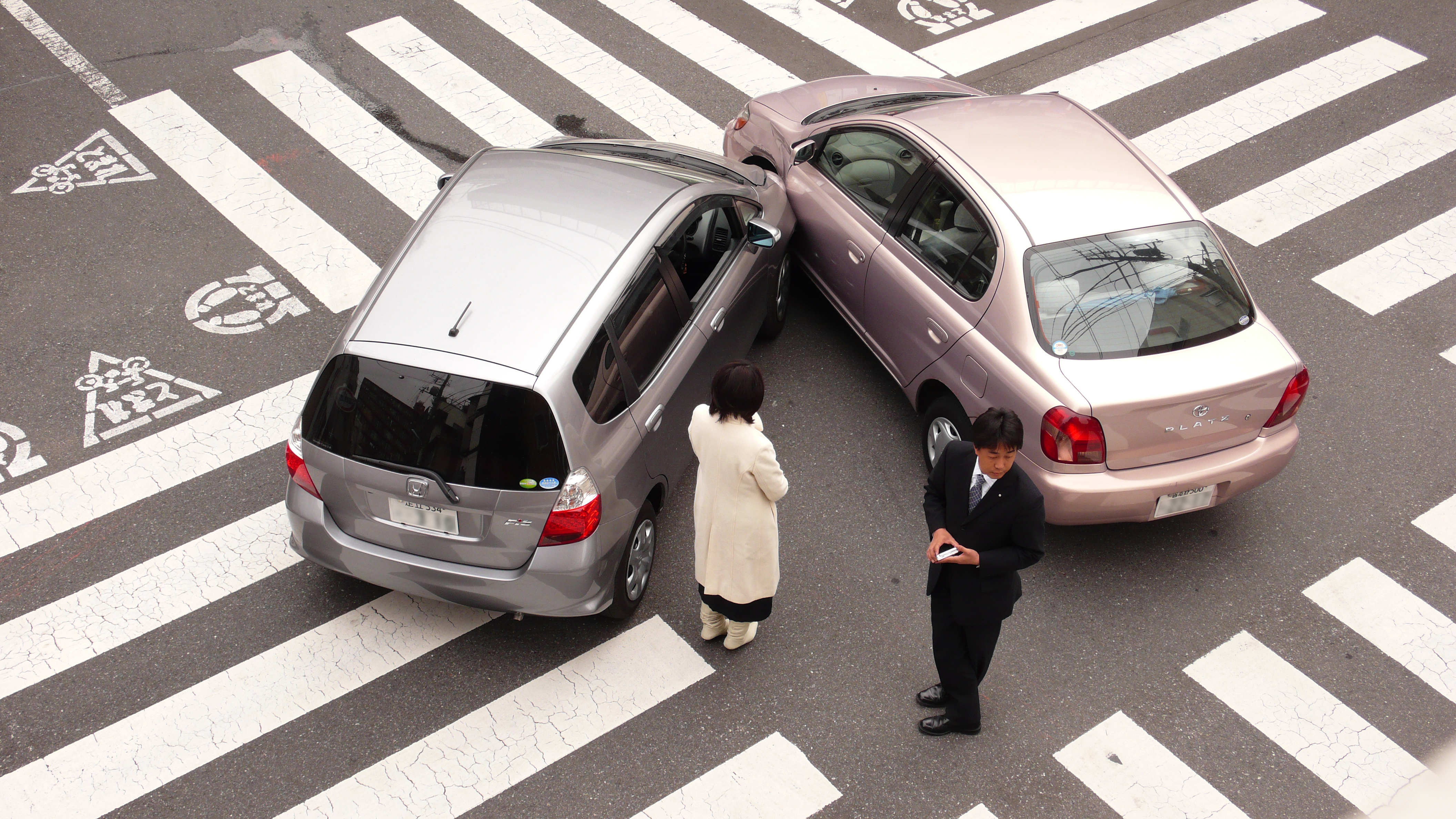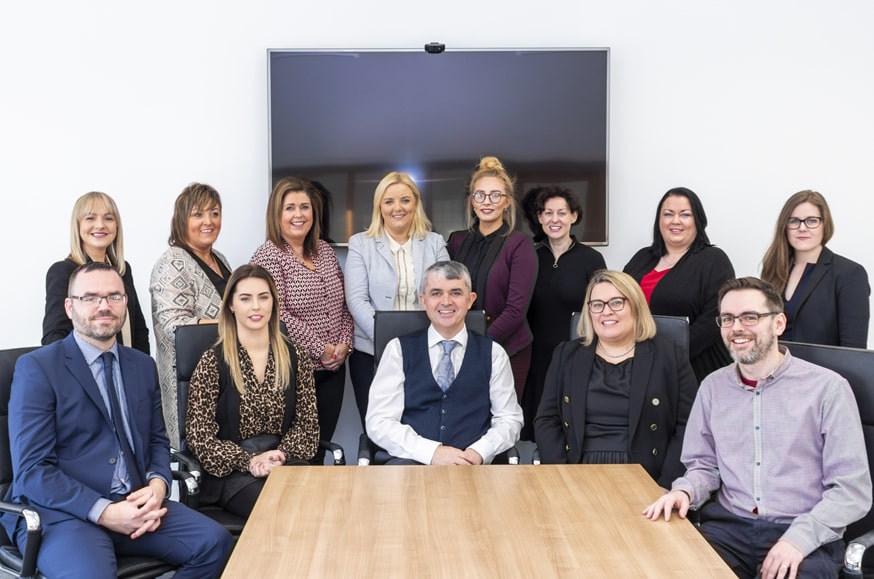If you are in involved in accident, be it that a third party driver runs into and hits you or if you have the unfortunate mishap of crashing into another vehicle, then here are the necessary steps which should be taken immediately after the accident:
Stay at the Scene
The cardinal rule for all car accidents is that you should never leave the scene until it is appropriate to do so. If you leave the scene of an accident, particularly where someone has sustained injuries or was killed, you can face serious criminal penalties for being a “hit-and-run” driver.
Check on All Drivers and Passengers
Before assessing the damage, check to make sure that everyone else involved in the accident is okay. Get medical attention for anyone who may need it. If a person is unconscious or complains of neck or back pain, it is best not to move them until qualified medical personnel arrive. In some situations and through your own evaluation of the situation you may feel that you have no choice but to move them. If you are in that type of situation, try to move them as steadily and slowly as possible while supporting their back and neck.
Call the Gardai
Especially if the accident involves significant property damage, physical injury, or death, you must call the Gardai. If and when the Gardai arrive, ensure to obtain the Guards name and badge number together with details of their respective Station. The Gardai may contact you after the accident for the purposes of providing a statement and it is imperative that you furnish them with full details and always ensure to tell the truth.
Exchange Information
Talk to the drivers of all other vehicles involved in the accident. Get their names, phone numbers, addresses, drivers’ license numbers, license plate numbers, and basic insurance information. If there are passengers in any of the vehicles, obtain their names, telephone numbers, and addresses as well.
Talk to Witnesses
Ask every witness what he or she saw. Get their names, telephone numbers or addresses, if possible.
Inform Your Insurance Company
As soon as possible, tell your insurance company that you have been involved in an accident. Ensure to tell the truth about what happened and confirm details of your injuries.
Take Pictures
Take photographs of the vehicles involved in the accident, if at all possible. If you do not have a camera with you then ensure to take photographs of any damage to your vehicle as soon as possible after the accident. It may also be useful to draw a sketch of the positioning of the vehicle on the road at the time of the accident.
Keep Track of Your Medical Treatment
Note any doctors, specialists, physiotherapists or any other medical professionals that you receive treatment from and ensure to note the dates you attended them on. If you or a loved one are involved in a personal injury case, following are some “do’s and don’ts” to help you protect your right to a legal remedy for harm suffered.
The Do’s
- DO seek medical attention before doing anything else.
- DO summon the Gardai.
- DO cooperate with all law enforcement and emergency personnel who respond to the scene.
- DO get the license plate numbers of all other vehicles involved in car accidents and the drivers’ names, addresses, telephone numbers, and insurance information.
- DO write down the names, addresses, and phone numbers of all potential witnesses to an accident.
- DO ensure to contact your insurance company.
- DO take photographs of all of the following, as applicable, as soon as possible after the accident: The scene of the accident, from all angles. The surrounding area. The product or animal that caused your injuries. Your injuries. Any property damage.
- DO contact your Solicitors.
The Dont’s
- DON’T move your vehicle after the car crash unless necessary for safety.
- DON’T subject yourself to further injury by standing or waiting in an area of traffic or other safety hazards.
- DON’T leave the scene of a road traffic accident until the police tell you it is okay to do so.
- DON’T agree to settlement terms without contacting your attorney.
For further information or specialist legal advice get in touch.
You can call the office for a no obligation enquiry by clicking here.
You can also complete our no obligation online enquiry form located on the right hand side.
A member of our team will be in touch with you.
Contact Us
Complete the Enquiry Form below & a member of our team will be in touch.
[ninja_forms id=1]


